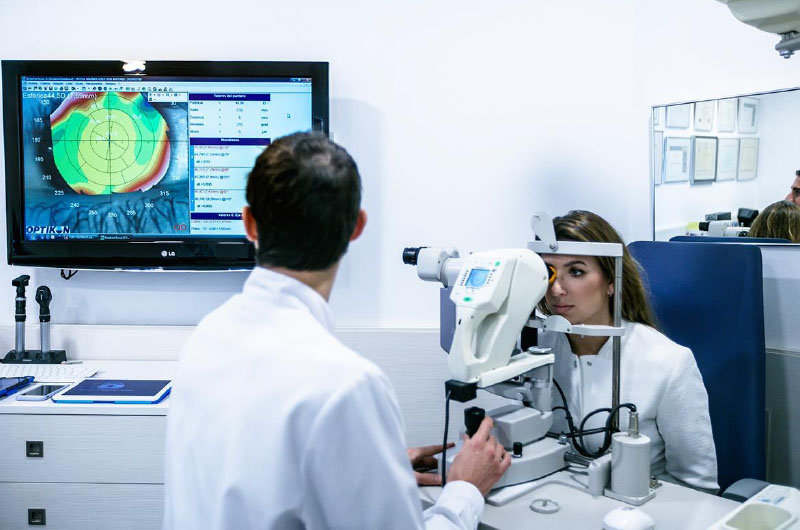
Understanding the Impact of Glaucoma on Everyday Life
January is Glaucoma Awareness Month.
Glaucoma, often referred to as the “silent thief of sight,” is a chronic eye condition that gradually damages the optic nerve, leading to vision loss if left untreated. While its physical effects are well-documented, the impact of glaucoma on everyday life extends far beyond mere visual impairment, affecting various aspects of daily routines, emotional well-being, and social interactions.
Challenges of Visual Impairment:
One of the most immediate effects of glaucoma is the deterioration of vision. Individuals with glaucoma may experience a narrowing field of vision, difficulty adjusting to changes in light, and, in severe cases, complete blindness. These visual challenges can significantly impede daily activities such as reading, driving, navigating crowded spaces, and even recognizing faces. Simple tasks like cooking, managing finances, and participating in hobbies may become arduous or impossible without assistance or adaptive devices.
Psychological Impact:
Beyond the physical limitations, glaucoma can take a toll on mental health and emotional well-being. The gradual loss of vision often induces feelings of frustration, anxiety, and depression. Coping with the uncertainty of how the condition will progress and the fear of complete vision loss can lead to heightened stress levels and a sense of helplessness. Moreover, the reliance on medications, surgeries, and regular eye exams to manage glaucoma may contribute to emotional strain and a sense of vulnerability.
Social Implications:
Glaucoma can also affect social interactions and relationships. Individuals may withdraw from social activities due to concerns about their ability to navigate unfamiliar environments or fear of embarrassment resulting from visual impairments. This social isolation can lead to feelings of loneliness, further exacerbating emotional distress. Additionally, family members and caregivers may experience emotional strain as they navigate the challenges of supporting a loved one with glaucoma while balancing their own responsibilities.
Coping Strategies and Support:
Despite the significant challenges posed by glaucoma, there are strategies individuals can employ to enhance their quality of life. Open communication with healthcare providers is essential for understanding the condition, managing symptoms, and exploring available treatment options. Embracing assistive technologies such as magnifiers, talking devices, and smartphone apps designed for the visually impaired can empower individuals to maintain independence and engage in daily activities. Participating in support groups and connecting with others facing similar challenges can provide valuable emotional support, encouragement, and practical advice.
Advocacy and Awareness:
Raising awareness about glaucoma is crucial for fostering understanding, empathy, and support within communities. Education initiatives aimed at increasing public knowledge about the condition, its risk factors, and the importance of regular eye exams can facilitate early detection and intervention. Advocating for accessibility and accommodations in public spaces can help individuals with glaucoma navigate their surroundings with greater ease and confidence.
In conclusion, while glaucoma presents formidable challenges that can profoundly impact everyday life, proactive management, social support, and advocacy efforts can empower individuals to live fulfilling and meaningful lives despite the obstacles they face. By fostering a culture of understanding and inclusivity, we can ensure that individuals affected by glaucoma receive the support and resources they need to thrive.




